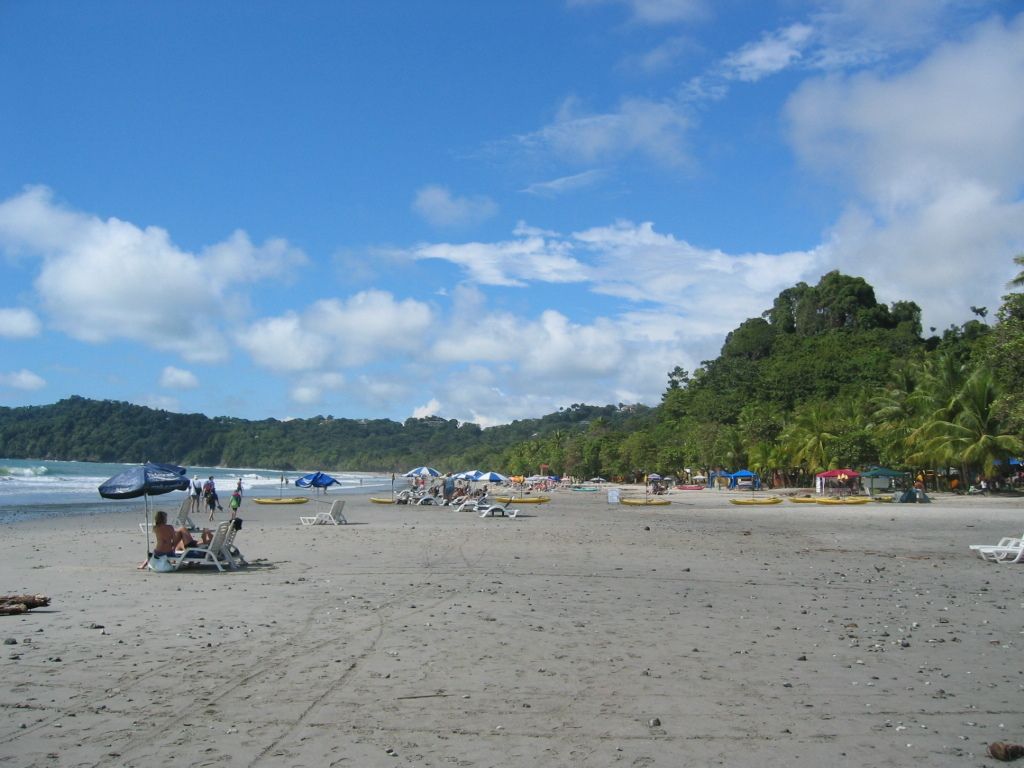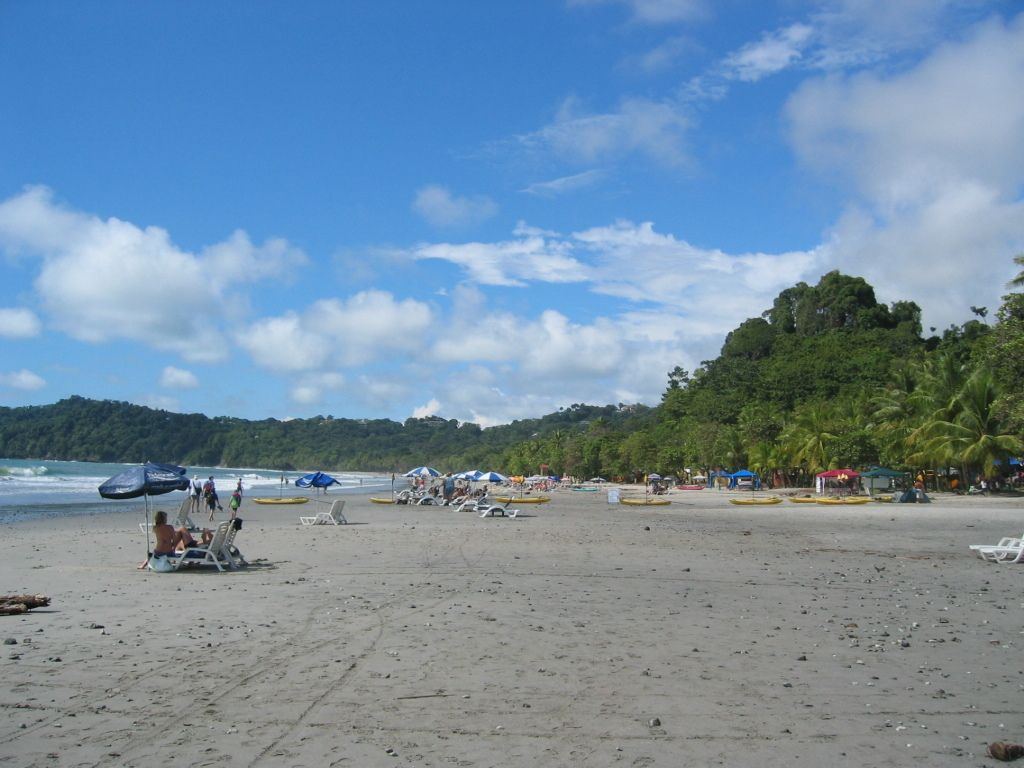Venezuela to Restart Exporting Crude Oil to India, Grants Approval for Offshore Joint Gas Venture
Kicking Off Again: PDVSA Readies for Oil Exports to India Amid US Sanctions
In a fresh turn of events, Venezuela's state oil giant, PDVSA, is gearing up to resume oil exports to Reliance Industries in India. The green light has been given by the US Treasury Department, allowing the Indian conglomerate to resume Venezuela's crude purchases, according to Bloomberg.
India’s state-owned Oil and Natural Gas Corporation (ONGC) is eyeing a similar nod from the US Treasury for similar approvals.
The resumption of oil trade comes after a hiatus due to Washington's financial sanctions, export embargo, secondary sanctions, and other measures against Venezuela's oil industry, enacted in 2017 to curtail the country's primary source of income.
In 2023, the Biden administration eased the restrictions by issuing a six-month sanctions waiver, General License 44 (GL44), allowing PDVSA to export crude without relying on unreliable intermediaries or offering deep discounts. However, the license came with a warning against corporations investing in the South American nation.
Post the relaxation, Reliance received 90% of Venezuela's oil exports to India during a six-month span. With Washington reimposing wide-ranging sanctions in response to Maduro's government's electoral agreement breach, many international firms are hesitant to engage in business with Caracas due to the fear of being hit by secondary sanctions.
The 2019 oil embargo saw Venezuela approaching India as a significant market for its 500,000 barrels per day (bpd) oil exports previously bound for US refineries. However, Trump administration officials had cautioned Indian companies against transacting with Caracas.
Despite the challenges, Venezuela's oil output has hit a five-year high, but it's yet to surpass 1 million bpd. PDVSA has relied heavily on private partners to revive the nation's oil industry, offering increased benefits to attract foreign investment.
Chevron's collaborative model with PDVSA has been invoked as a blueprint by some companies. Chevron received a US Treasury license in late 2022 and holds minority stakes in four joint ventures, taking over field operations and crude sales, despite the Venezuelan oil regulations demanding that PDVSA assume those responsibilities.
Recently, PDVSA approved a 15-year extension of Petroindependencia, a company where Chevron owns a 34% stake, until 2050. The joint ventures with Chevron are estimated to be pumping an estimated 200,000 bpd.
Other firms like Italy's Eni, France's Maurel & Prom and Spain's Repsol have ramped up their activities in their Venezuelan projects, often receiving crude shipments to offset existing debts. Repsol has disclosed that it's receiving a higher volume of Venezuelan crude, marking a "new dynamic" and upping its investment in Petroquiriquire.
Apart from joint oil ventures, the Maduro government is pitching natural gas opportunities to foreign partners. A constitutional loophole allows private firms to own shares in gas projects, unlike oil initiatives where PDVSA is required to hold a majority stake. PDVSA has recently signed off on a 20-year concession to BP and Trinidad and Tobago’s National Gas Company (NGC) to explore the Venezuelan side of an offshore natural gas field shared with Trinidad and Tobago.
The new development doesn't seem to promise significant improvements in Venezuela's oil sector, which has been grappling with US-imposed sanctions and threats. India and China have halted or substantially reduced their oil imports from Venezuela due to these pressures.
- In addition to oil exports to India, PDVSA might explore business opportunities with Chevron, emulating Chevron's successful collaborative model in Venezuela.
- Education-and-self-development, casino-and-gambling, entertainment, general-news, sports, and weather might not be sectors PDVSA is prioritizing, given the focus on resuming oil exports and attracting foreign investment.
- Despite the easing of sanctions, some international firms,mindful of potential secondary sanctions, are reluctant to engage in business deals with Venezuela's oil industry, leaving PDVSA to rely on partners like Chevron and Italian firms Eni, French firm Maurel & Prom, and Spanish firm Repsol.
- PDVSA and foreign partners like Chevron are also exploring natural gas opportunities, with BP and Trinidad and Tobago’s National Gas Company (NGC) receiving a 20-year concession to explore the Venezuelan side of an offshore natural gas field shared with Trinidad and Tobago.
- With Venezuela's oil output hitting a five-year high, Weather patterns might play a significant role in determining the success of its oil industry, given that extreme weather conditions can impact oil production and exports.








